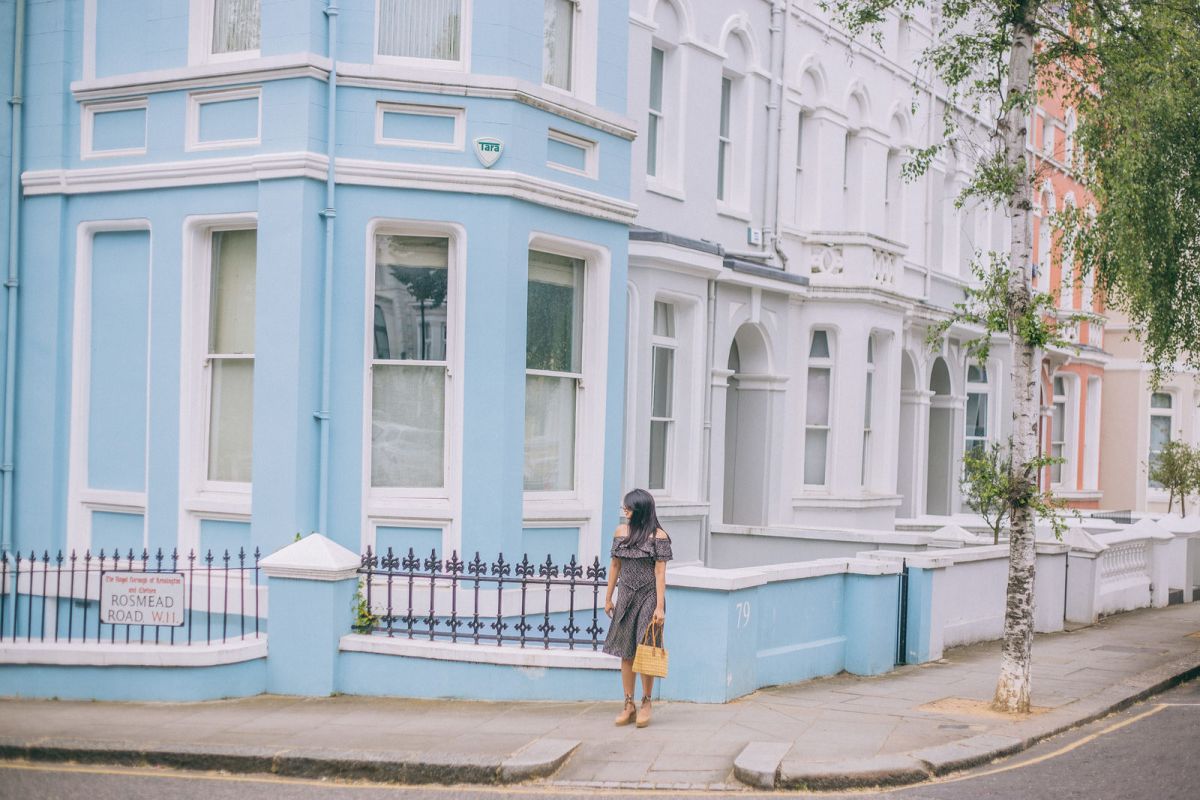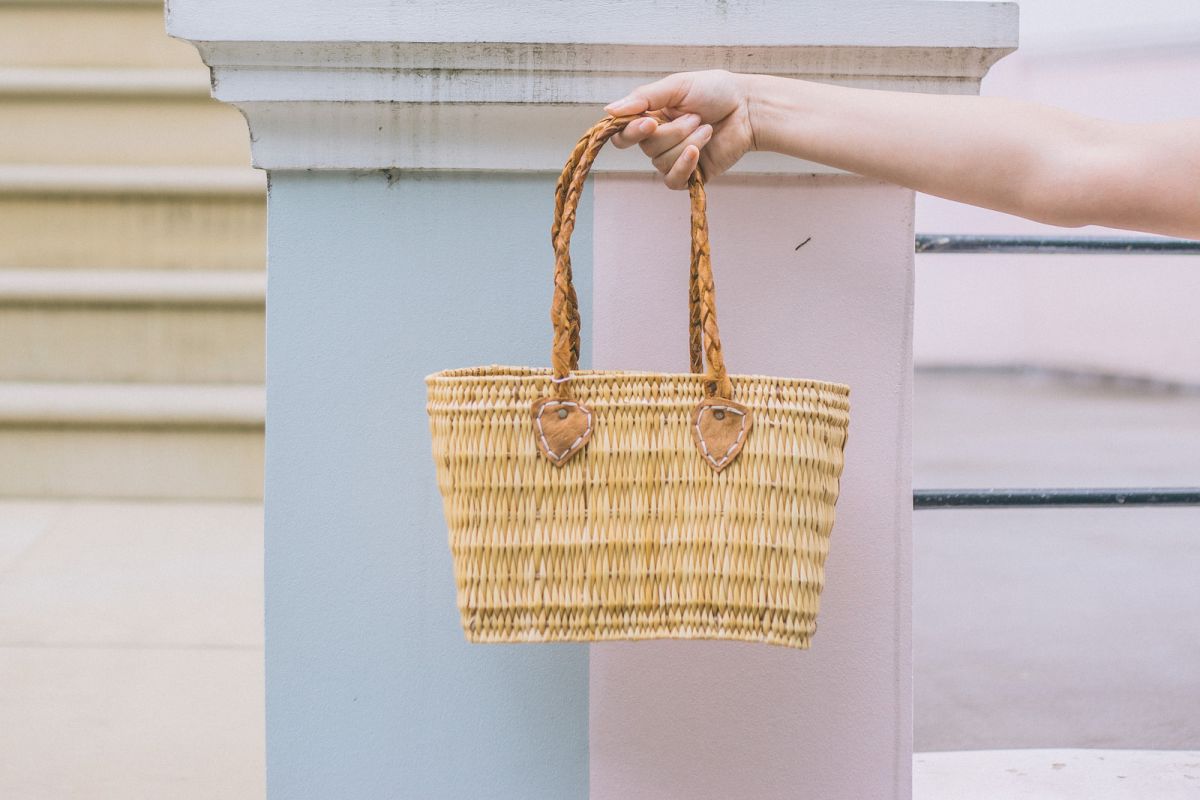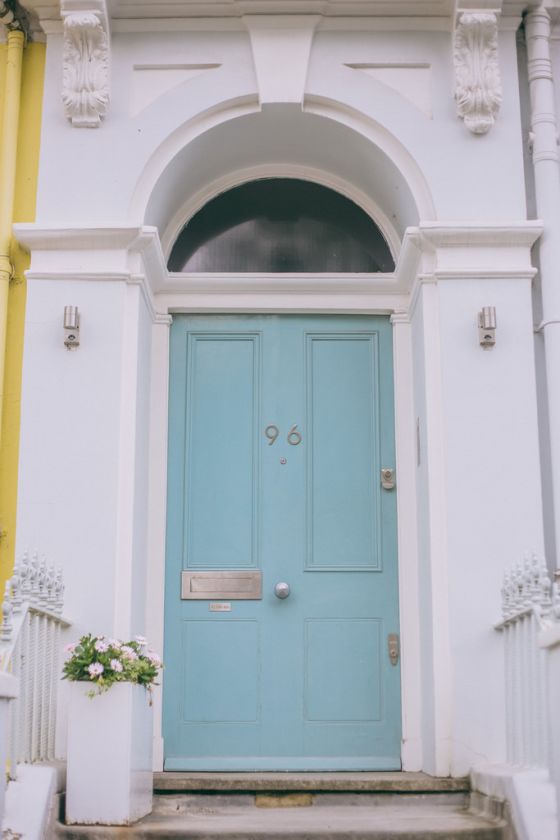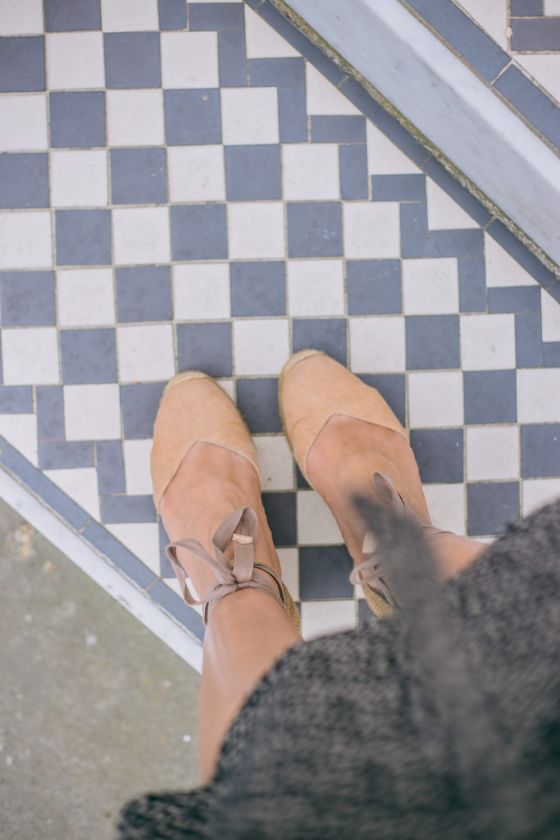
What I Wore
dress c/o BAUKJEN shoes CASTAÑER via NET-A-PORTER bad VINTAGE sunnies MESSY WEEKEND
In 1957, my grandfather moved to Northern Rhodesia from India leaving my grandmother and his child behind where schooling was better, but opportunity for wealth was his main motivation for his own move. At that time, it was understood that Africa was a frontier with many opportunities. During the very few and short holidays, my grandmother would visit with her two daughters and she would tend to the house my grandfather lived in and the store my grandfather ran. “In Kabwe, we lived at the end of a cul-de-sac, it was a little street. Around us were all Gujaratis—our family.” The Gujarati community was fully self-sufficient. Each person had a role and their profession even became their last name in about a decades time when they were filing papers in a new country to call home to start all over again.
Just under a decade later, there were lots of movements and changes going on in Africa. Each colony’s government was being thrown over. When I was about 8 years old, my grandfather gave me a cloth pouch that came out of a biscuit tin. In the cloth pouch were hundreds of little coins that he had from his time in Northern Rhodesia, which had zero value now. It’s at that time he told me he was essentially forced to leave during the independence of Zambia {former Northern Rhodesia}. Most people, since it was a British colony, fled to Britain. At the time my grandfather moved to Northern Rhodesia, his youngest brother moved to the US, so he decided to go somewhere he was closest to family since he had sacrificed a decade already. After packing everything in India, signing papers and documents, my grandparents and his now three children {that now included my father} moved to California. This is how my family ended up in America.
My grandfather’s best friends and neighbors, but really his family for 10 years, were now in Britain. Their experience was quite simple. They took a flight over and they stuck together. They bought homes together or next to one another, supported each other, and essentially built a community that barely differed from the one they had in Kabwe. Gujarati communities like this existed all over East and Sub-Saharan Africa. And those people, if from a British colony, moved to England and established these microcosms that they dared not escape from. They only assimilated to a certain extent worried that their traditions and values would be lost. Geographically, England was small and it made it even more possible to build concentrated locales of the same cultural groups. Overtime, as generations were established, this concentrated locale continued to grow and continued to concentrate—so compared to America, where Indians were forced to assimilate in a large country—the British Indians just stayed among themselves with no filtering.


No, I don’t want to marry your son.
Before moving to England, I made lots of visits to India. Spent summers there at times and even stayed a great deal with my grandparents. I knew the nuances of Indianisms and it was always something I cracked up about. It’s like telling your grandparents something and they think it’s completely backwards, but it’s actually the 21st century and it’s perfectly fine. When I moved to England, I was particularly nervous because I knew no one as I explained in my first installment of this series. My parents, however, told me that tapping into the Indian community would make my transition a lot easier. We came from the same background and my upbringing was strongly cultured—so that reassurance was something I didn’t question.
I was fine up until I hit a climactic point that really derailed everything and made me lose faith in my upbringing, the people I strongly associated myself with and question my identity. The climactic point, you ask? Well, remember the family from the Cinderella hell-tale from the first installment? I started to see the parents making active strides in forcing their son on me. Having me do things for him like cooking or warming up food, sending me to the lounge where he was watching television, asking me about him, and the list goes on. I found it strange, but didn’t say a word for the sake of coming off as rude, but relayed my concerns to my parents who didn’t initially believe me and laughed it off. After avoiding some of the ‘lust-luring’ chores, the mother of the son blatantly asked my mother if I would be interested in pursuing a relationship with her son that notoriously was the complete opposite of me, though on paper we were from the same culture and caste. My mom simply replied with a “no,” and that was when my Cinderella story of the Indian girl moving to London began.

The Good…
My experience with the Gujarati community in London was all over the place. There were high times when I would call my mom and tell her about my new friend and there were low times where I would just feel a bit defeated and the feeling of loneliness would take over. One thing to keep in mind about the millennial Gujarati generation in London is that they still live at home under their parents reign. I use the word reign because they are obliged to follow a set of rules and thus tend to lie to their parents about things like what they eat {they label themselves as vegetarian whilst enjoying a bacon cheeseburger} and occasionally spending their parents money to purchase hotel rooms to participate in Tinder-like activities. The parents, however, think their children are saints and in the end my situation comes off as too progressive. “A Gujarati girl living in Central London in a flatshare on her own with a white girl” is ghastly. To them it’s absurd and to the parents it’s unsafe.
Most of the people who think the above are actually not too bad. I’ve met a couple of sweet Gujarati folks. Sure I can only count them on one hand, but it’s quality over quantity I tell myself. I’ve hung out with them, caught up over lunches and individual drink dates. I always tried to organize something, but peoples’ schedules seem to not include me for more than 1.5 hours a month. I didn’t mind. I get it. But after a few attempts, I realized that most Gujaratis {and this has been confirmed by many of my non-Gujarati Indian friends} are so cliquey. They have nothing in common, yet wouldn’t be able to break from each other as if they were bound to a security protocol. These were the only people they knew growing up and they were set in their own ways. I believe that this hamster wheel they were stuck in numbed them from accepting any change {i.e. recognizing me as one of them and therefore possibly inviting me to one of their dinners out}. The good can be socially inept.

The Bad…
I met way too many of “The Bad.” They’re the type that are nice to your face, sucks you dry, and then turns around and… well, you know how it goes. The parents pick on me even though I’m less than half their age, and their children seem to be desperately dependent on their parents. They talk too much, gang up on you and are very judgmental without even speaking or getting to know you.
An example. A family friend was trying to introduce me to a guy {basically for marriage}. I took it with stride as this is a practice my family doesn’t necessarily believe in, but I was hopeful to actually just make a connection within the Indian community this way. The guy never called or text even though he had my number, but followed me on every social media platform he could come across that depicted only the C&É brand. He made his conclusions that I was “too needy, uptight and high maintenance” and decided not to pursue {later finding out he was actually seeing a girl of a completely different race}. I was fine with that, but when I found out from my grandparents in India that there were rumors about me being “needy, uptight and high maintenance,” I felt helpless. False words also spread like wildfire.
I unfortunately had this happen on a second occasion, but the guy decided to get his information from the shitty family whose son I wouldn’t marry. On both occasions, no one wanted to get in touch with me to even ask how I was… or how to properly pronounce my name. I wasn’t interested in the marriage part of either introduction, I just wanted a friend I could connect with on a cultural level.


And the Ugly.
This section makes my blood boil. I can’t really categorize them as “good” or as “bad.” They seem the most harmless, but they’re actually the absolutely worst. Hence, “the ugly.” They are the people who are always nice to you and keep in touch all for the sake of drama. You cut them out, but one little spark will have them crawling back.
Remember the second guy under “the bad” section? When we found out that he got engaged about 11 months after someone trying to introduce us, I had calls and texts from people I didn’t hear from in ages wanting to catch up over dinner, drinks and even with casual “hello” that seemed so coincidentally timed. They’re the leaches that go back to fuel the fires of the goods and the bads.
Read the other installments
The Introduction {pt. 1} • British vs. American Differences {pt. 2}
Conclusion
In America I saw myself as an American first and an Indian second as it was my cultural upbringing. My parents, successfully assimilated, still did an amazing job raising my brother and I. I hate to toot my own horn, but people actually approach my parents with so much admiration. I admire them too. Coming to the UK, I’ve not been able to practice the culturally integrating activities I did when I was in America. No one would invite me and when I was willing to go alone, they wouldn’t accept me, or no one would be willing to share information. I thought I was moving to England with a clean slate, but instead I was walking on the red carpet into a country where people already formulated an opinion of me. It’s hard being in a country on your own thinking that there is a group of individuals, you associate with, who don’t like you.
These microcosms of Gujarati communities challenge not only modernity, but also authenticity of cultural values. It sickens me to know that there is a son or daughter right now who can look their parent in the eye and lie to them about what they ate, what they drank, and who they were with last night. These microcosms generate a falsified understanding of what is success and it prevents upcoming generations to evolve or embrace change. These microcosms have made my move and adaptation such a challenge that I still stand here today struggling with finding that connection back in with my roots. My goal is to continue to push and persevere because I’m proud of my heritage and it greatly defines me, but most importantly to uphold the values that my grandfather took with him across three countries and I take to our fourth.




